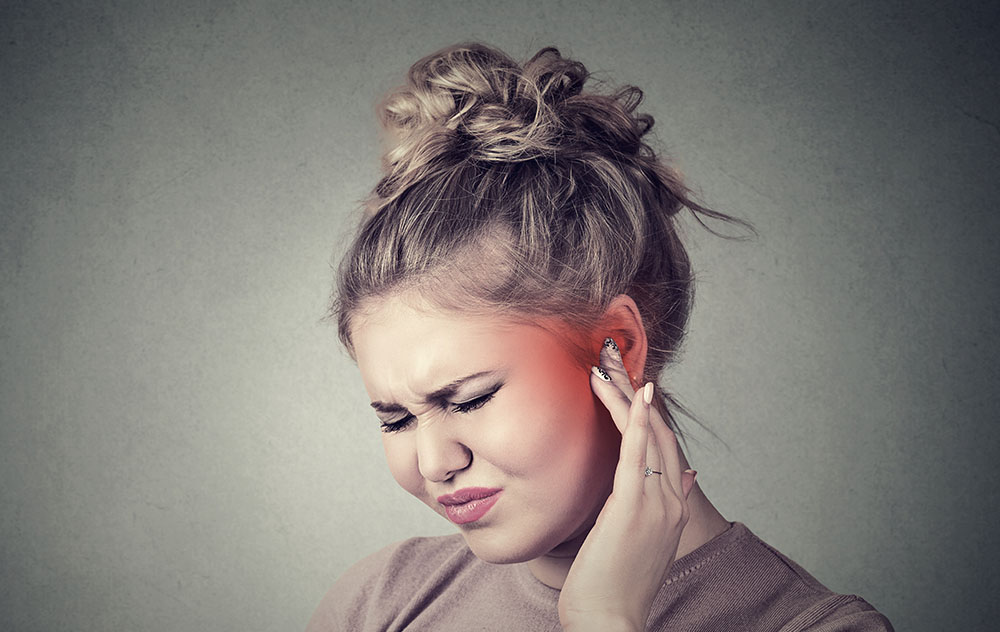How Smart Hearing Aids Automatically Adjust to Your Environment
Think about what your typical day actually looks like. You wake up to a


Think about what your typical day actually looks like. You wake up to a

Your hearing health and emotional well-being are more linked than many

When you think about hearing loss, you probably focus on the obvious